Analysis of the Legal Effect of the "Priority Liquidation Right" Clause
Preface
If the "priority liquidation right" clause under the disputed investment agreement stipulates that the target company obtains priority distribution among some shareholders over other shareholders after paying the statutory amount superior to the distribution among shareholders, then the internal agreement on the distribution order among the shareholders does not violate the provisions of the Company Law
Case1
Basic Facts
Refree's Point
The distribution method of "remaining property" stipulated in Article 186 (2) of the Company Law is not a mandatory provision of validity; In addition, Article 72 of the Civil Code stipulates that the remaining assets of a legal person after liquidation can be disposed of in accordance with the provisions of the legal person's articles of association. Even if the shareholder's priority liquidation right is not recorded in the target company's articles of association, if this right is an agreement between all shareholders of the target company, in the absence of other evidence to the contrary, in terms of the internal relationship of the target company's shareholders, the relevant investment agreement signed by all shareholders has the same legal effect as the provisions of the company's articles of association. Therefore, the agreement on shareholders' priority liquidation rights is true and effective.
Case2
Basic Facts
Referee's Point
China's laws do not prohibit shareholders from making special agreements on the distribution order and method of the company's remaining property, such as the "right of priority to liquidation". This is the result of the comprehensive judgment of all shareholders on their own operating resources, input costs and expected income. It is the true declaration of will of all shareholders. It does not harm the legitimate rights and interests of others (including the company), nor does it violate the mandatory provisions of laws and administrative regulations, It is a valid agreement, and all parties shall fulfill it in accordance with the agreement; If it cannot be proven that shareholders with priority liquidation rights have caused actual losses to the company when fulfilling their liquidation obligations, it shall not affect the normal exercise of priority liquidation rights by such shareholders
Case3
Basic Facts
Referee's Point
The first instance court believes that the exercise of the shareholder's right to request the distribution of residual property does not prohibit shareholders from making special agreements on the order and method of distribution within the company, which falls within the scope of shareholder autonomy. All shareholders of the company agree to pay the investment principal of new shareholders who increase capital and invest in shares in advance when the company is liquidated and there is residual property, which is a special agreement made by shareholders to distribute the remaining property of the company. This is the result of the comprehensive judgment of all shareholders on their own operating resources, input costs and expected income. It is the true declaration of will of all shareholders, and does not harm the legitimate rights and interests of others, nor violate the mandatory provisions of laws and administrative regulations. It is a valid agreement, and all parties shall comply with it.
The court of second instance held that, in accordance with Article 23 of the Provisions of the Supreme People's Court on Several Issues Concerning the Application of the Company Law of the People's Republic of China (II), "If members of the liquidation group violate laws, administrative regulations or the Articles of Association when engaging in liquidation affairs and cause losses to the company or its creditors, and the company or its creditors claim compensation liability, the people's court shall support it in accordance with the law." The premise for members of the liquidation group to bear compensation liability to shareholders is that members of the liquidation group have caused losses to the company when engaging in liquidation affairs. The agreement on the priority of liquidation in the case is the true declaration of will of each shareholder, Not violating legal provisions, legal and effective. The liquidation report of Junqian Company during the liquidation process is consistent with the asset status, and Shen Yulong cannot prove that the members of the liquidation team caused losses. Therefore, the court does not support his request for compensation for the losses.
Conlusion
[1] Article 186 of the Company Law: After clearing the company's assets, preparing a balance sheet and inventory of assets, the liquidation team shall formulate a liquidation plan and submit it to the shareholders' meeting, shareholders' meeting, or the people's court for confirmation. The remaining assets of the company after paying liquidation fees, employee salaries, social insurance fees, and statutory compensation, paying taxes owed, and paying off company debts are distributed by limited liability companies according to the proportion of shareholders' capital contributions, and by joint stock limited companies according to the proportion of shares held by shareholders.
[2] The General Principles of the Civil Law of the People's Republic of China have been abolished by the Civil Code of the People's Republic of China, and the relevant provisions are reflected in Article 72 (2) of the Civil Code of the People's Republic of China: "The remaining property of a legal person after liquidation shall be dealt with in accordance with the provisions of the articles of association of the legal person or the resolutions of the legal person's authority. If there are other provisions in the law, they shall be dealt with in accordance with their provisions
Author
Lawyer Yang Chunbao
First level lawyer
Senior Partner of Dentons (Shanghai) Law Firm
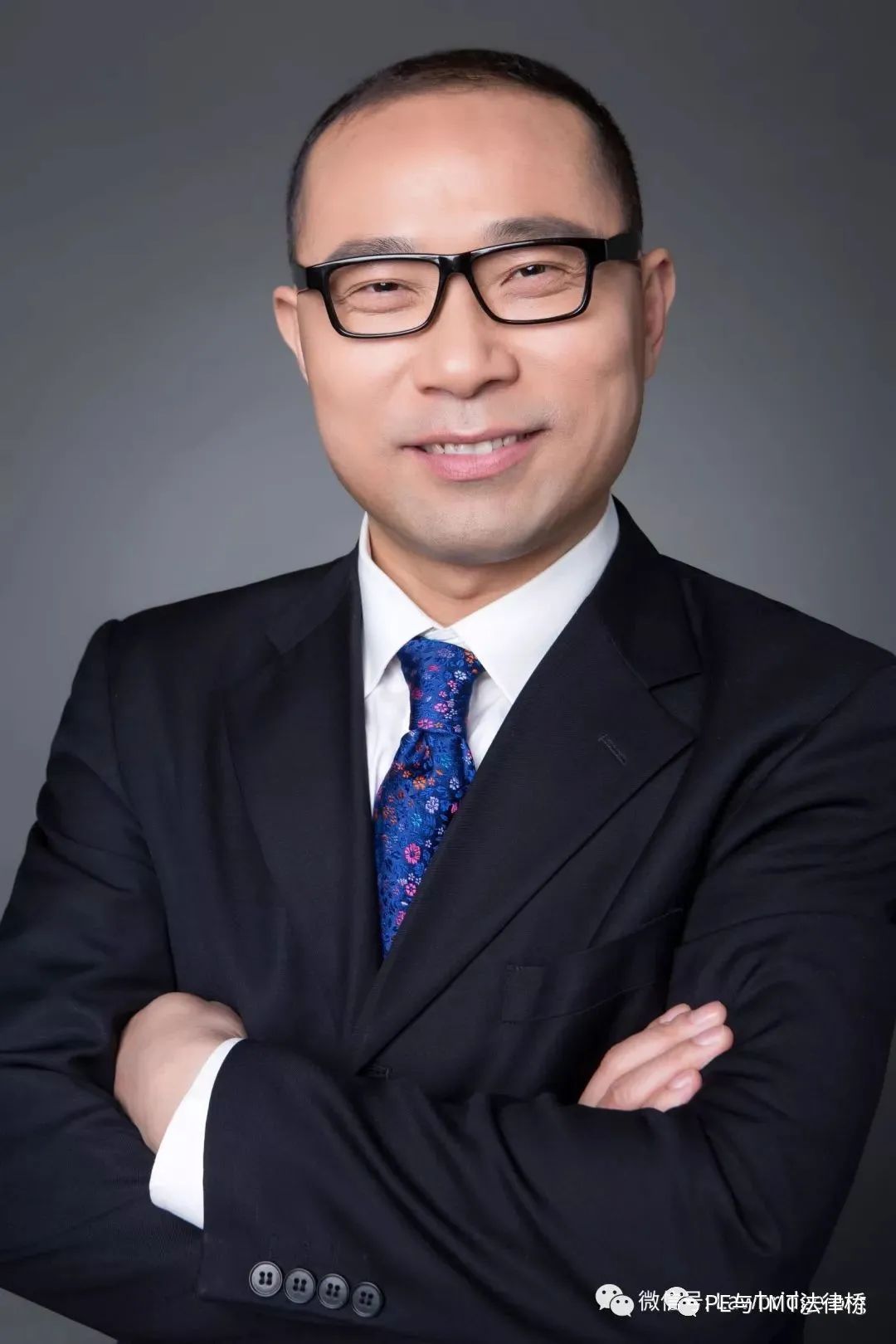
Email:
chambers.yang@dentons.cn
The leader of the private equity and investment fund professional group and TMT industry group at Beijing Dacheng (Shanghai) Law Firm, the deputy director of the Dacheng China Science and Technology Culture Leisure and Entertainment Professional Committee, and a member of the Shanghai Foreign Legal Talent Pool. Bachelor of Law from Fudan University (1992), Master of Law from Sydney University of Science and Technology (2001), and Master of Law from East China University of Political Science and Law (2001).
Lawyer Yang has been practicing for 28 years and has been engaged in legal services for private equity, investment and financing, and mergers and acquisitions, covering industries such as TMT, big finance, big health, real estate and infrastructure, exhibition industry, and manufacturing. Since 2004, he has been repeatedly recommended or commented on by The Legal 500 and Asia Law Profile. Since 2016, he has been selected as one of the "100 Outstanding Lawyers in Chinese Business" by the internationally renowned legal media China Business Law Journal, and has been awarded the title of "China's Annual Corporate Law Expert" by Leaders in Law -2021 Global Awards; Ranked in the recommended list of excellent lawyers and law firms recommended by the First China Famous Enterprise Law Association; Received multiple awards such as the "China TMT Lawyer Award" and "China Mergers and Acquisitions Lawyer Award" by Lawyer Monthly and Finance Monthly. Qualified as an independent director of a listed company, he is a part-time professor at the School of Law at East China University of Science and Technology, a part-time supervisor at the School of Law at Fudan University, a part-time graduate supervisor at East China University of Political Science and Law, a lecturer in the private equity CEO class at Shanghai Jiao Tong University, and a lecturer in the multinational business talent training class at the Shanghai Municipal Commission of Commerce. Published There are 16 monographs including "Practical Operations and Case Analysis of Full Legal Risk Prevention and Control in Enterprises", "Complete Operation Guidelines for Corporate Investment and Financing Model Processes", and "Practical Operations of Risk Prevention and Control in Private Equity Investment Funds". Lawyer Yang's practice areas include companies, investment mergers and private equity funds, capital markets, TMT, real estate and construction engineering, as well as dispute resolution in the aforementioned fields.
Authors
Lawyer Sun Tian
Partner of Dentons (Shanghai) Law Firm

Email:
sun.zhen@dentons.cn
Prior to his practice, Sun has successively served as the president or executive assistant to vice presidents in the global, Asia Pacific or China regions in Fortune 500 companies such as Watts, Ingersoll Rand and Alcatel Lucent, and has accumulated rich experience in enterprise operation and management, and has excellent bilingual communication and coordination capabilities in both Chinese and English. Lawyer Sun has published 'Practice in Risk Prevention and Control of Private Equity Investment Funds' and published dozens of articles in the fields of mergers and acquisitions, funds, and e-commerce. Lawyer Sun specializes in areas such as private equity investment, corporate mergers and acquisitions, e-commerce, and labor legal affairs.
Author
Li Jiaxin
Intern at Dentons(Shanghai) Law Firm

Fudan University Law School Students
PE&TMT Lawbridge

Presiding lawyer: Yang Chunbao, first-class lawyer
Phone/WeChat: 1390 182 6830
Business contact and submission email:
chambers.yang@dentons.cn
Address: 9/24/25/F, Shanghai World Financial Center, No. 100, Century Avenue, Shanghai






















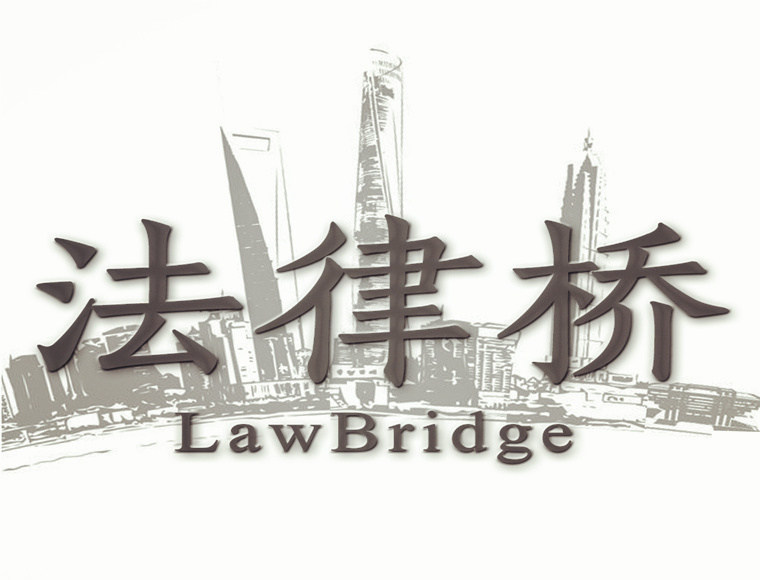
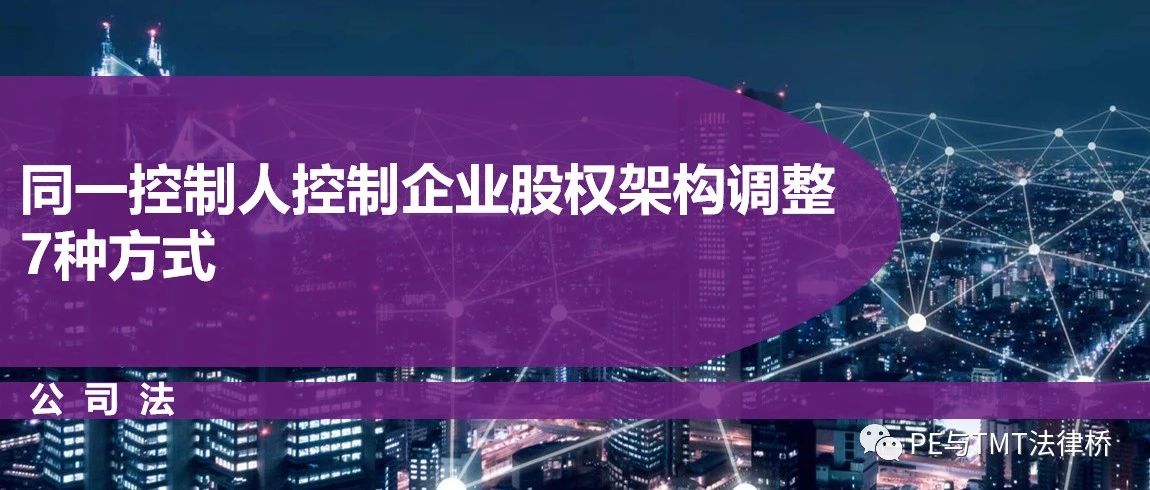
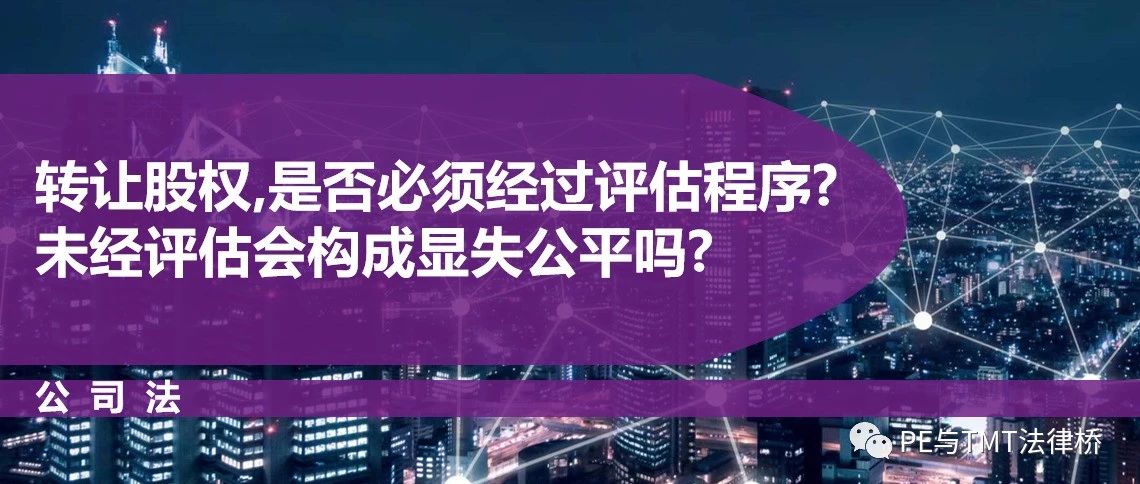

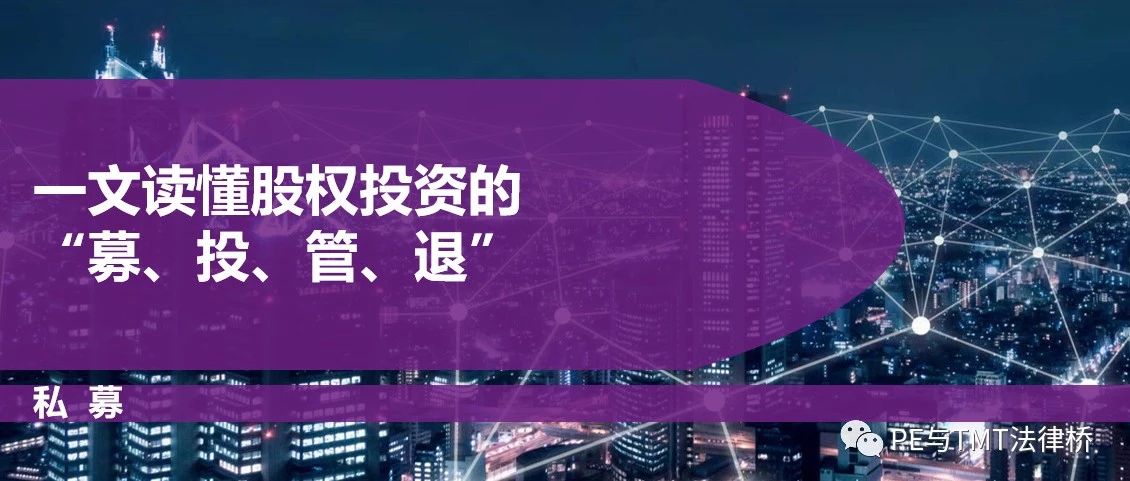




























First, please LoginComment After ~